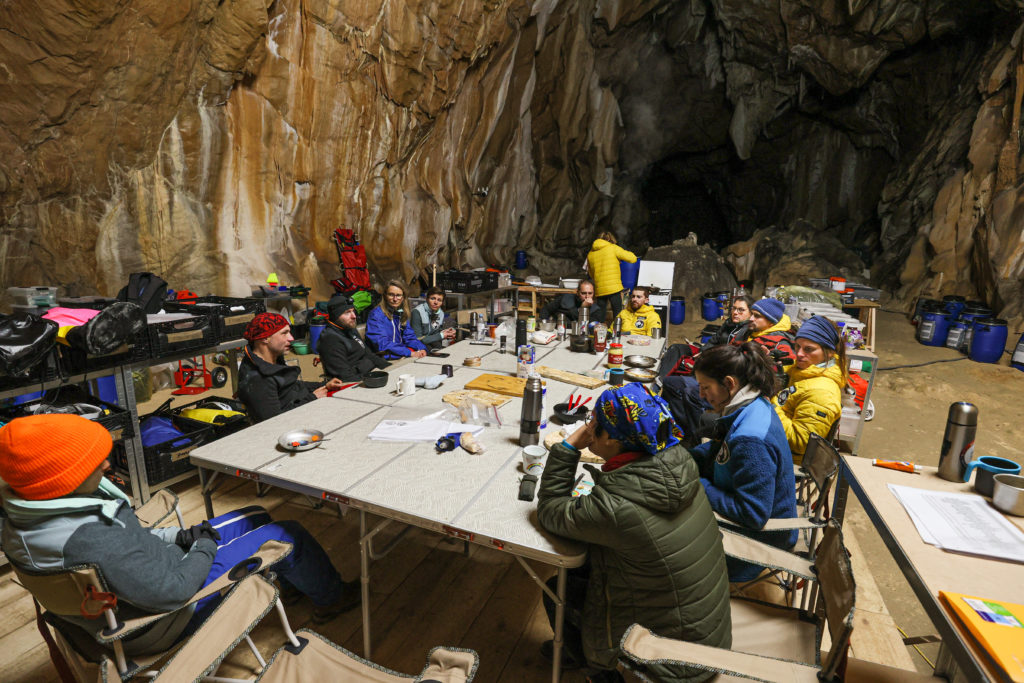The preparation
In 2016, Christian Clot decided to study more specifically the impact of climate change on humans and the succession of changes. He imagined a series of expeditions to several extreme environments with opposing climates. Thought up as a group, he decided to carry out a first series on his own to validate the principle of these studies.
This became the 4X30 DAYS expedition, a world premiere of 4 successive crossings in the 4 most extreme environments on the planet (see the book in French ” Au cœur des extrêmes” (Robert Lafont, 2018) and the movie “4×30 jours dans les extrêmes” (Darwin Production, 2020)).
A selection process was then launched to recruit crew members for the main expeditions. More than 1500 applications were received and 20 people were recruited to begin their preparation in 2018.
But the scientific tools are still lacking and the budgets for such a mission are difficult to raise, which pushes back the departure to 2020. Everything is ready for a departure in September 2020 when COVID-19 spreads over the planet and closes the borders for at least 2 years.
Deep Time : 40 days beyond time
Without abandoning this project, the Human Adaptation Institute team is focusing on studies related to the Covid situation (COVADPT). And then, in 2021, the team create the mission Deep Time in the Lombrives cave located in French Ariège.
From 14 March and for 40 days, Christian Clot, accompanied by seven women and seven men, lived locked up in this unknown environment, without access to sunlight or any temporal indicators.
Objective : to understand the adaptation of cerebral plasticity linked to time, the impacts of desynchronisation when confronted with a new life situation and the capacity of a human group to recover functional synchronisation when plunged into a totally new universe and in the absence of one of its major reference points : time.
To assess their condition during the entire adventure, more than 50 scientific protocols were carried out in the depths of the cave, looking at aspects as varied as genetics and olfactory perceptions.
This mission is narrated in the book “Deep Time : 40 jours sous terre” (Robert Lafont, 2021) and a film screened in several festivals.

And now... Deep Climate
In 2022, everything is back on track: joined by new partners, including Kaust University, with newly developed scientific tools and redefined destinations, the renamed Deep Climate project starts in December 2022, following one of the hottest years in known history which, as a mocking wink, demonstrates more than ever the need for these missions.

